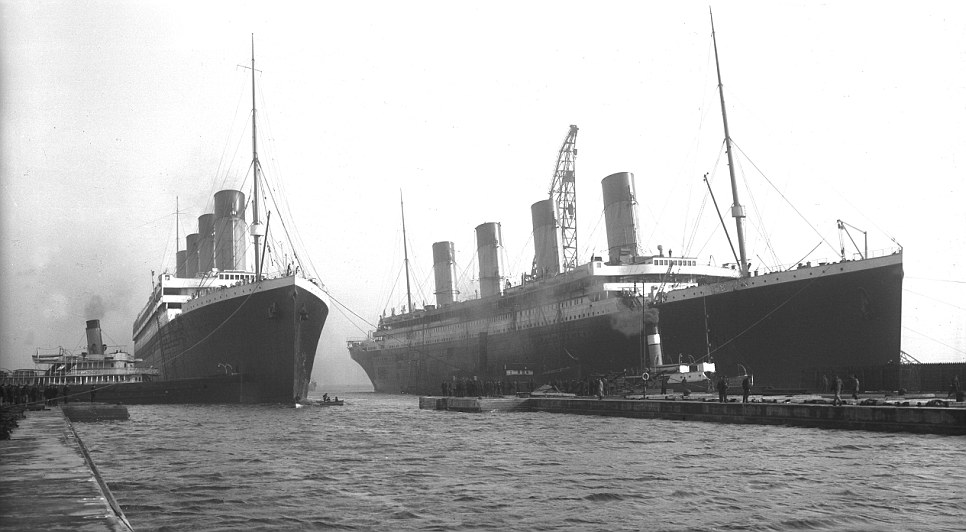
First drafted in 1978 the STCW (standards of training, certification and watch keeping did not make many changes, and had little impact on the mariners around the world. Making it a regulation that a captain or master needed a minimum of 4 years experience at sea to acquire a 1600gt license didn’t make much difference to the certification of many sailors.
The major changes took place at the 1995 when the IMO was approached to by the US coast guard and asked to amend the convention. Serious changes were observed to take place after this convention by the creation of the STCW Code which implemented serious standards that mariners needed to meet for a specified job on a marine vessel.
Unlike the earlier convention this version required supporting documentation as proof of qualifications and work experience. This was all done to improve the standards of sailors aboard vessels making work easier, more cost effective and better efficiency aboard the vessel. The new requirements didn’t mean that the previous sailors aboard ships would be chucked of the vessels, but it meant that they needed to be organized so as to serve on vessels as well as qualify by doing the necessary courses to qualify for their current job.
Since there is a shortfall for marine sailors and the few that want to join were not properly certified at that time, so it was anonymously agreed that the sailors on shore would attend the courses and slowly replace the one at sea. When the ones at sea came they would slowly replace them as in turn they would attend the courses to certify them too.
With many sailors jobs being put on the line the shipping community decided to make it a slow transition since it would be a lose to both parties not the sailors only but the shipping community too. For this reason the following years immediately after the convention some extent of laxity was imposed to give them a chance to adjust to the new regulation.
As time passed the implementation of the regulations become stricter, and so did the sailors professional qualifications. Today it is mandatory to provide these credentials to qualify for any meaningful position on board any marine vessel. Only the persons on board that are not directly involved in the vessel operations are permitted temporarily on board, these can be the like of a family member or guest that is only visiting and is not involved in any major operation on board while at sea.
All crew members must adhere to the requirement to qualify as professional sailors and no exceptions are offered since strict safety protocols must be followed. There is no room left for trial and error and for this reason seamen today enjoy better privileges than in the past since there is one universal body (IMO) that governs shipping laws and regulations all over the world raising the standards of safety of vessels and seamen better.
STCW - Standards of Training, Certification and Watchkeeping,









